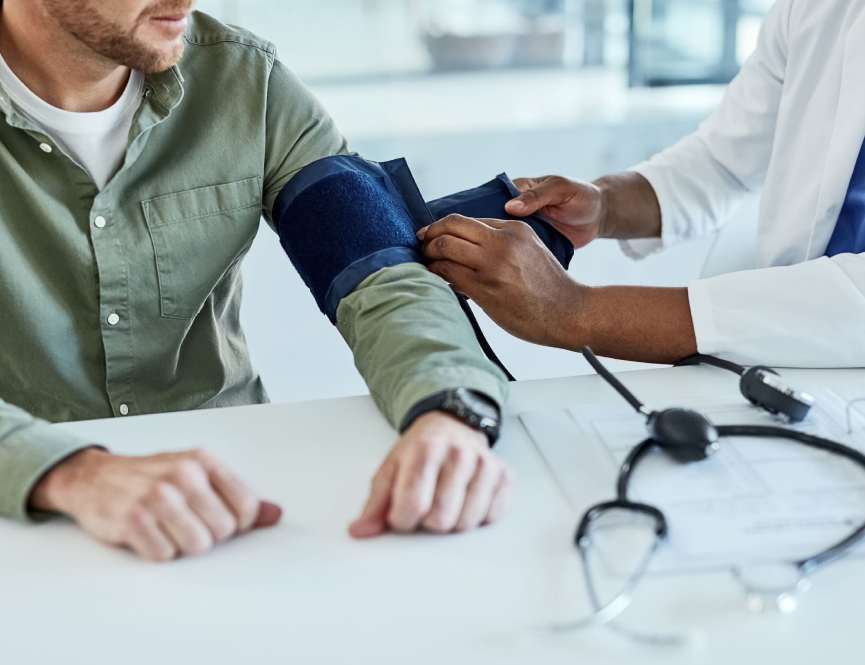What should I know about the health of men as a wife, daughter, sister or a mother of two boys?
Male-Specific Health Problems
- Testicular Cancer. Men between the ages of 15 and 35 are most susceptible to this malignancy. Despite the fact that it cannot be prevented, because to advancements in detection and therapy, it has a very high cure rate when discovered early.
- Low Testosterone Levels. The most significant male hormone is testosterone, yet millions of men have low levels of this hormone, which, if left untreated for too long, can lead to long-term health issues like osteoporosis, osteopenia, loss of muscle mass, poor sex drive, and erectile dysfunction.
- Prostate Problems. This walnut-sized gland, which naturally grows larger as men age, produces semen. Prostatitis and BPH (benign prostatic hyperplasia), which can result in swelling and uncomfortable or challenging urination, are potential issues especially in men above age of 55.
- Prostate Cancer. All Males aged 50 and older and high-risk men aged 40 and older (particularly African-Americans, men with a family history of prostate cancer, and men exposed to Agent Orange) should have their annual screenings for prostate cancer. When detected early, this illness is curable.
- Erectile Dysfunction. The inability of a man to get or maintain an erection strong enough to meet his own or his partner’s desires for sex is known as ED. Men of any age can experience ED, however, it tends to worsen with age. Most men experience it for a limited period of time at some point in their lives.
Recognizing Other Health Problems
Men can also experience problems that are not specific to men. Stroke, heart disease, renal disease, diabetes, and cancer claim more of their lives than do same illnesses for women. Most guys take their cars to the shop when a warning light on the dashboard flashes. However, they choose to disregard the warning lights that flash on their body. A few flashing lights to watch out for include:
- Changes Bladder Habits. This could be a sign of issues with the prostate or bladder. Additionally, renal issues are frequently indicated by blood in the urine. Does he frequently get up at night to use the restroom? He might not notice, but you most likely will.
- Symptoms. Indicators of major health issues include persistent backaches, changes in the color of the urine or feces, noticeable changes in warts or moles, strange tumors, recurrent headaches or chest discomfort, bleeding that won’t stop, a persistent cough, unexplained weight loss, and excessive weariness.
- Depression. Men are four times more likely to succeed at suicide, even though women may attempt it more frequently. You may spot the signs of sadness before he does because guys are sometimes reluctant to seek help and may try to hide it. These include acting recklessly or riskily, becoming agitated or anxious, having difficulties sleeping, feeling lonely, complaining of feeling empty or helpless or losing interest in hobbies or other enjoyable activities (including sex).
- Osteoporosis. Osteoporosis affects men as well, despite the fact that it is typically thought of as a female disease and is frequently misdiagnosed in men. This condition, which makes bones brittle and more likely to break, can result in death or lifelong disability.
- Breast Cancer. Men also have breast tissue, and every year, 400 men pass away from breast cancer. Because they are less likely to detect or report symptoms, men are typically diagnosed with the disease only after it has progressed. Men frequently confuse their symptoms with sports injury or harm from the workplace.

